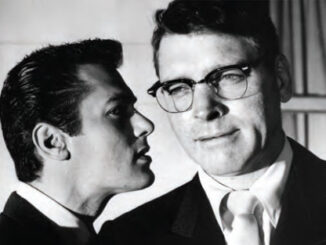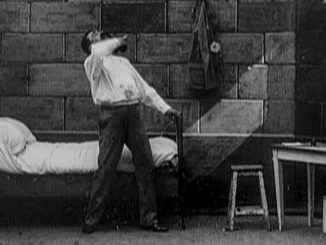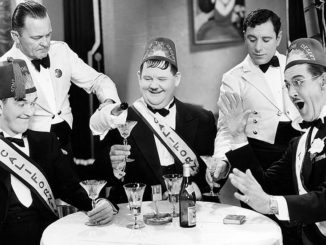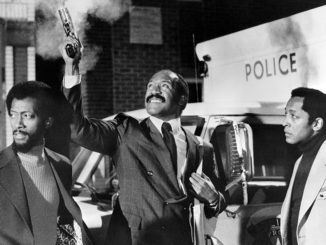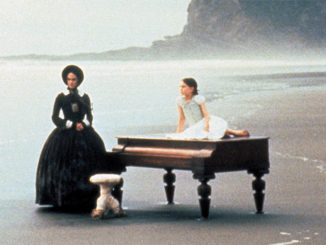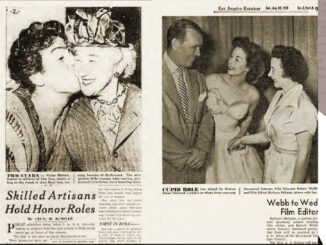
O Pioneers! These Picture Editors Led the Way for Women in Post-Production During the Golden Years of the Studio System
There was a small group of women who had exceptionally successful editing careers that started almost at the birth of cinema and continued for much of the 20th century. […]

